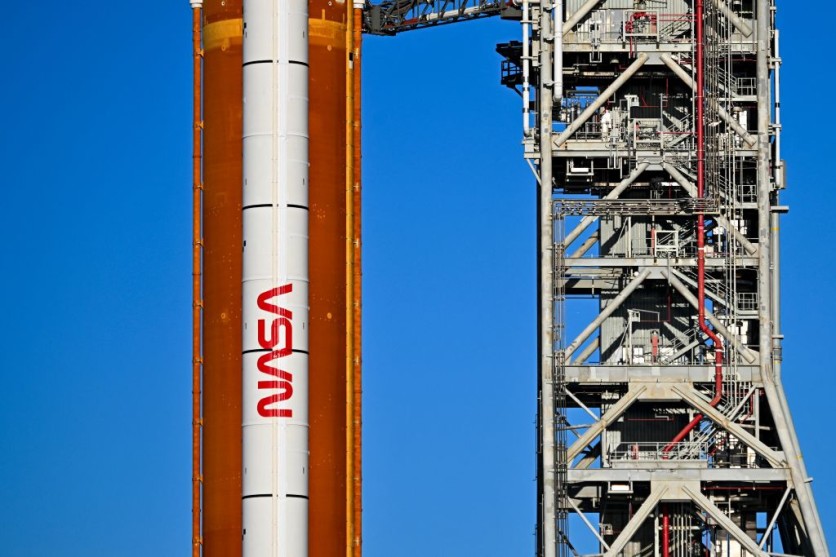NASA is facing mounting pressure from Congress to expedite its Artemis moon program amid concerns over delays that may impact the country's competitiveness in the new space race, particularly against China.
According to Space.com, the space agency recently unveiled adjusted timelines for the Artemis program, with Artemis 2 now slated for September 2025 and Artemis 3 for September 2026.

NASA Artemis Missions Delayed for One Year
These revisions, representing approximately a year of delay for each mission, were attributed to the necessity for further assessments of crucial Artemis hardware, such as the heat shield of NASA's Orion crew capsule, following unexpected performance issues during the uncrewed Artemis 1 mission in late 2022.
Expressing unease over the delays, the House of Representatives Committee on Science, Space, and Technology conducted a hearing on Wednesday to address the new Artemis plan.
The committee's chairman, Frank Lucas, and ranking member Zoe Lofgren emphasized the significance of staying on schedule, especially in the face of global competition, notably from China, which is actively pursuing lunar exploration.
Committee members underscored the potential implications for US national security if the country falls behind in lunar exploration.
Rich McCormick (R-GA) stressed the importance of maintaining the US' leadership in space technology, citing its protective role in the economy and potential benefits for humanity.
Bill Posey (R-FL) highlighted space as the "ultimate military high ground," asserting that space dominance would influence Earth's destiny. The sentiment among committee members was that ceding leadership in space activities, including lunar exploration, to China could have strategic consequences.
Hearing Testimony
During the hearing, testimony was provided by four witnesses, namely William Russell, director of contracting and national security acquisitions at the US Government Accountability Office (GAO); Mike Griffin, co-president and co-founder of the consulting company LogiQ and former NASA administrator from 2005 to 2009; George Scott, acting inspector general at NASA; and Catherine Koerner, associate administrator for NASA's Exploration Systems Development Mission Directorate.
Russell and Scott addressed Artemis program challenges, citing an ambitious schedule, timeline transparency issues, and cost concerns. Scott stressed the need for accurate NASA cost reporting for Congress to make informed funding decisions.
While acknowledging challenges, Koerner affirmed NASA's commitment to Artemis and expressed confidence in landing on the moon before China, aligning with NASA chief Bill Nelson's recent statements.
However, Griffin diverged, criticizing Artemis as complex, unrealistically priced, compromising safety, and posing a high mission risk. Griffin advocated for a lunar exploration program consistent with Artemis' theme, suggesting the current version falls short.
Griffin emphasized China's active lunar mission engagement, urging the US to set a precedent. He called for Artemis reassessment, highlighting the moon's significance in global power politics.
Related Article : NASA Administrator Bill Nelson Is Confident That the US Will Beat China in the Race to the Moon

ⓒ 2026 TECHTIMES.com All rights reserved. Do not reproduce without permission.




